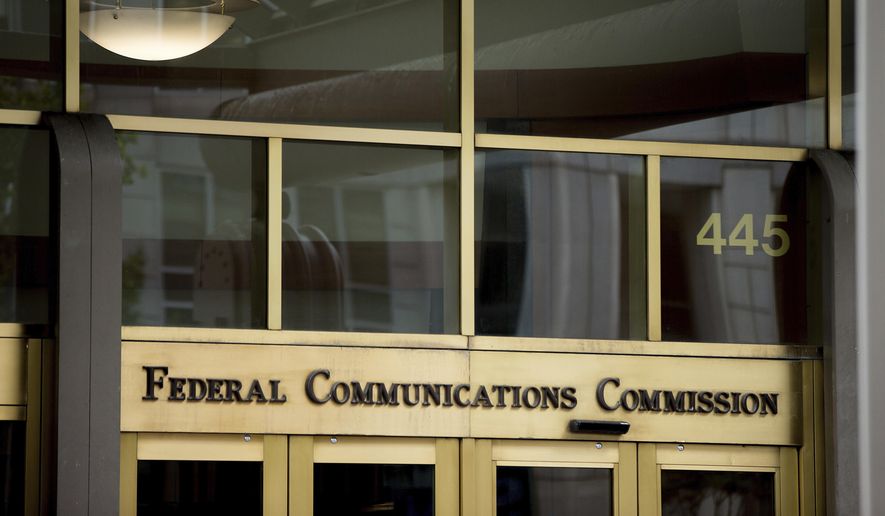President Biden has ordered the Federal Communications Commission to regulate broadband as strongly as they do phone service, sparking industry fears that the government will set rates for internet access.
In a provision tucked into an executive order he signed last month, Mr. Biden instructed the FCC to reinstate the Obama-era net neutrality regulations that the Trump administration repealed in October.
The hotly-debated regulation would again inject the federal government into the internet provider business, barring companies such as AT&T, Comcast and Verizon from speeding up, slowing down or blocking internet traffic, including preventing providers from charging companies more for high-speed streaming of their content.
By likening the broadband enforcement to how the FCC regulates phone companies, Mr. Biden set off alarm bells for providers. The FCC’s power over phone companies has included placing limits on how much phone companies can charge.
Greg Guice, director of government affairs for the left-leaning tech policy group Public Knowledge, said the move could lead the FCC to enact rules requiring equal broadband service in poorer and wealthier communities.
Public Knowledge has advocated for a low-cost option for broadband.
The often high cost of internet service has fostered suspicion and mistrust on the left.
Consumer groups have alleged that internet providers offer slower service in low-income neighborhoods, an allegation called “digital redlining” after the past discriminatory policies that prevented minorities from buying homes in certain neighborhoods.
The providers dispute the charge.
Conservatives view the net neutrality regulation as more of the Democrats’ Big Government agenda.
FCC Commissioner Brendan Carr, a Trump appointee, said Mr. Biden’s order represents another push to extend government control over more aspects of society.
The order “seems to double down on price controls, government-run networks, and monopoly-style regulations,” Mr. Carr said.
Seth Cooper, director of policy studies at the Free State Foundation, a conservative tech policy think tank, said the order paves the way for rate regulation.
That’s a move broadband companies fear will limit their ability to expand internet access to more parts of the country and stifle developing new features to offer customers.
Still, net neutrality remains popular on the left, which has been arguing internet prices are too high.
New York Gov. Andrew Cuomo last year tried to set prices that internet providers charge low-income customers. The price controls were blocked by a federal court.
Mr. Biden cannot require the FCC to regulate the internet like phone service because it is an independent agency. However, lobbyists on both sides expect the agency to follow the president’s order after Mr. Biden fills an open seat on the FCC to secure a Democratic-appointed majority.
The five-member commission is currently deadlocked with two Democratic appointees and two Republican appointees.
Tom Wheeler, the FCC’s chairman during the Obama administration, stopped short of going that far.
Still, Mr. Biden’s approach rekindles the broadband industry’s bitter fight against what it considers government overreach.
Mr. Guice, the Public Knowledge lobbyist, noted that Mr. Biden’s order comes at the same time that attention is growing around the redlining issue.
The $1.2 trillion bipartisan infrastructure package passed by the Senate last week included language directing the FCC to craft new regulations to address the redlining issue, albeit while considering technical and economic factors for the companies.
“It was huge that on a bipartisan basis, Congress said to fix it,” Mr. Guice said, adding that Mr. Biden’s order and the Congress’ redlining dictate “are complementary.”
• Kery Murakami can be reached at kmurakami@washingtontimes.com.




Please read our comment policy before commenting.